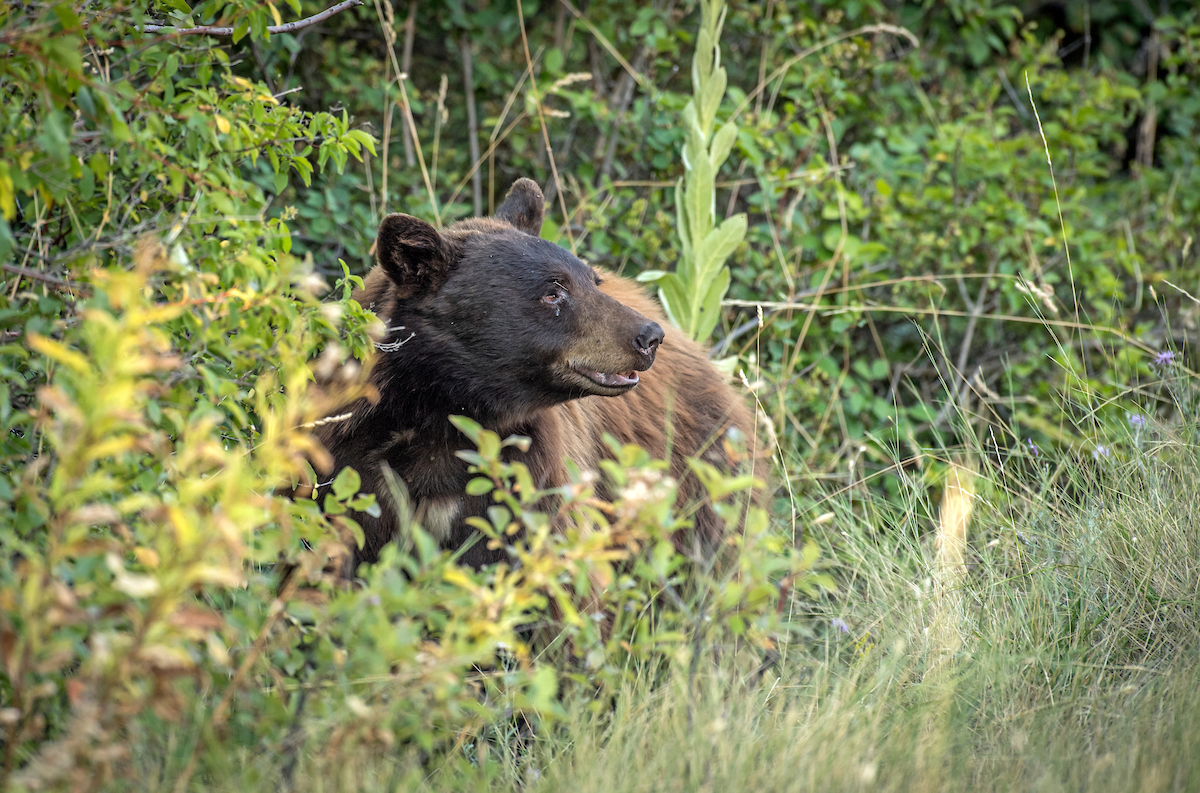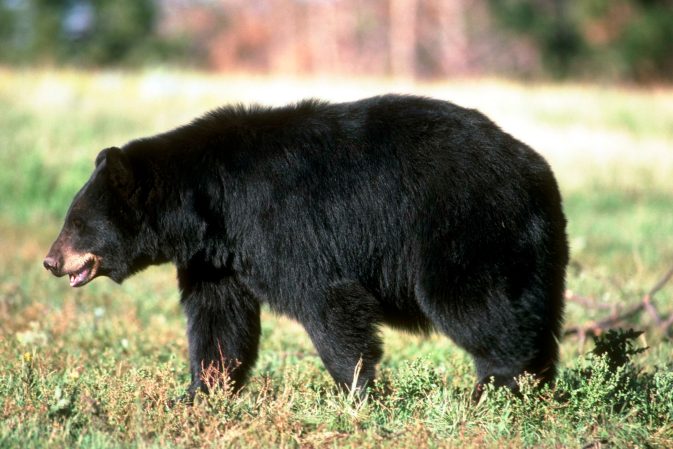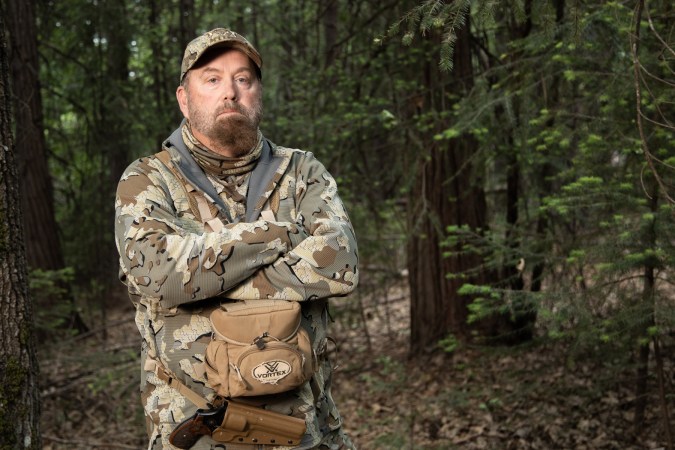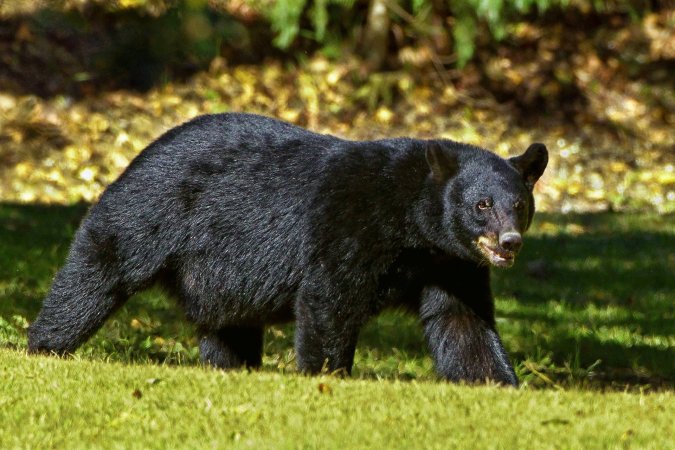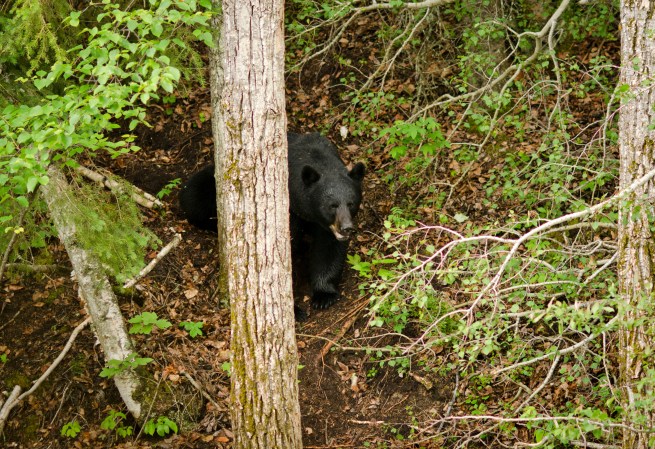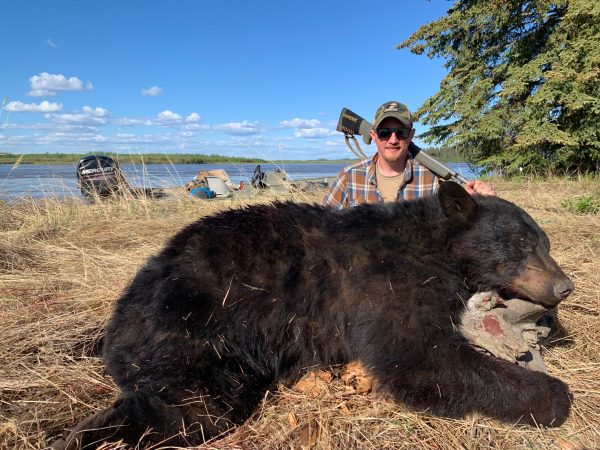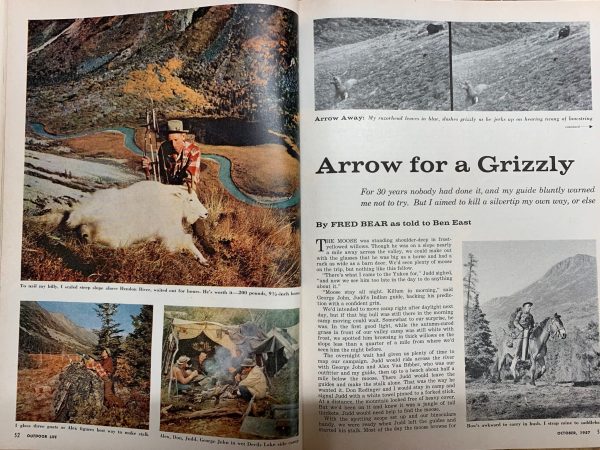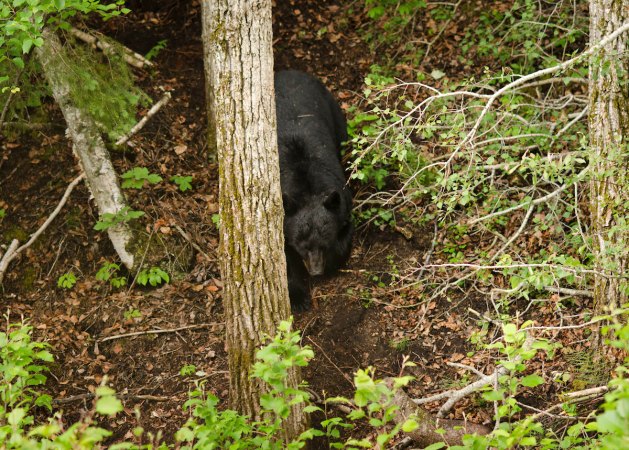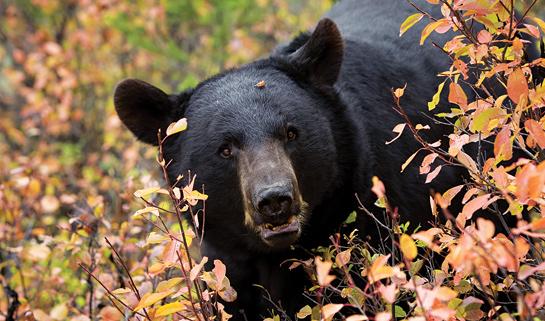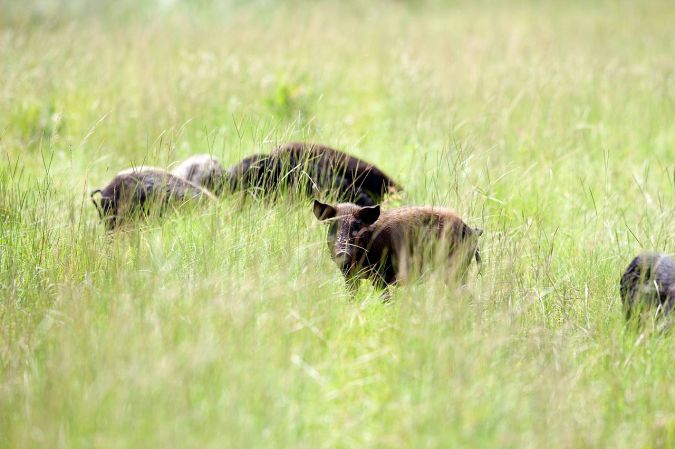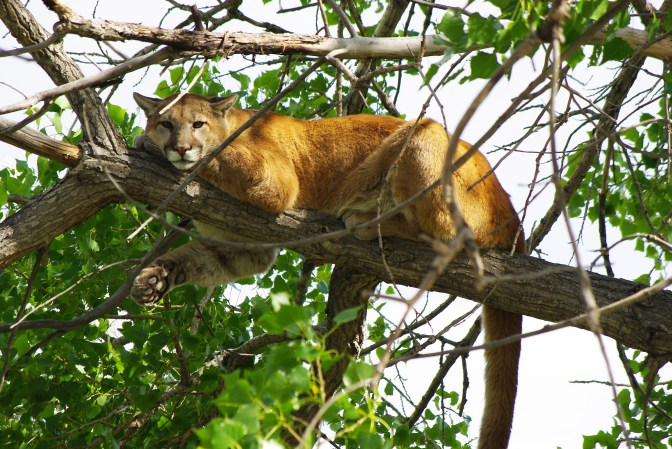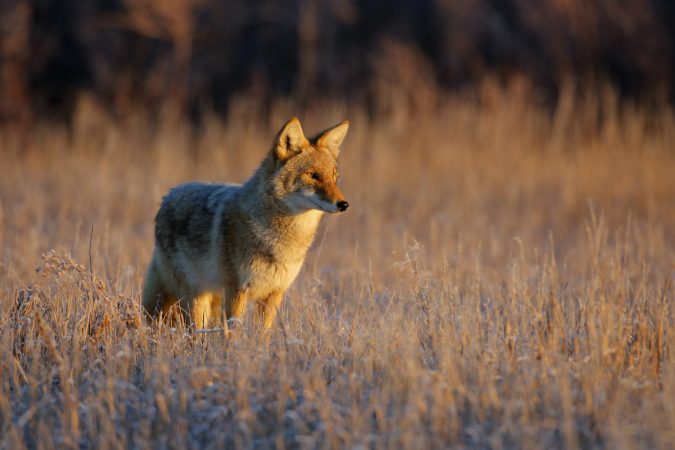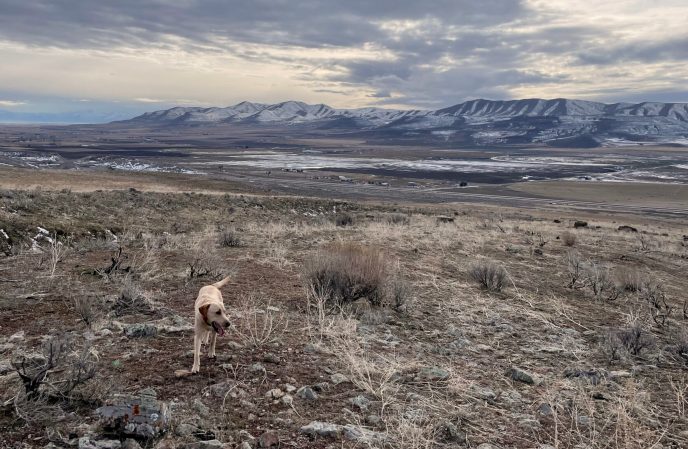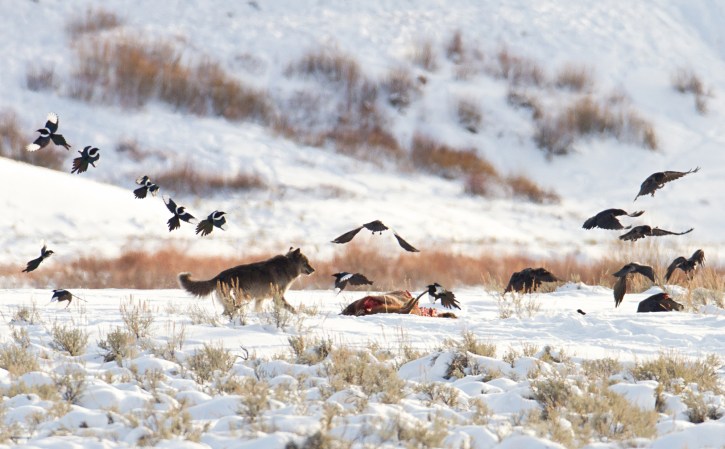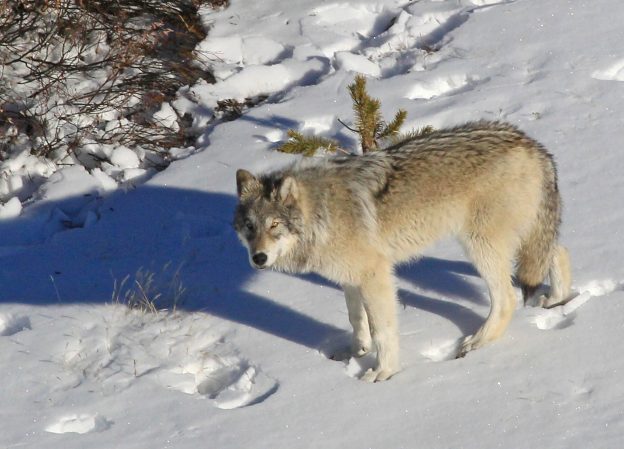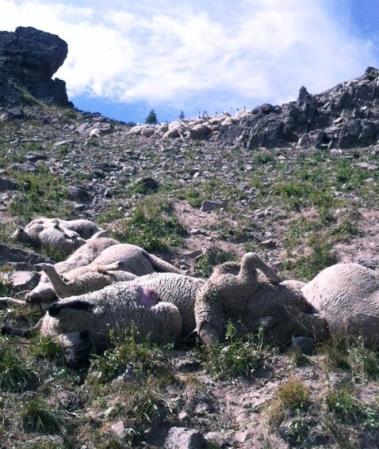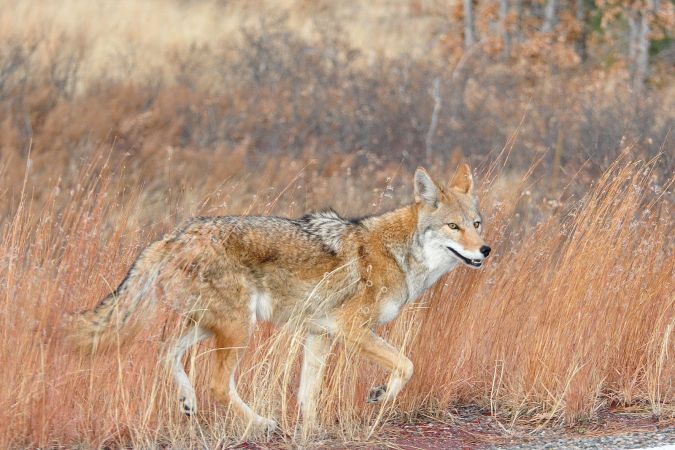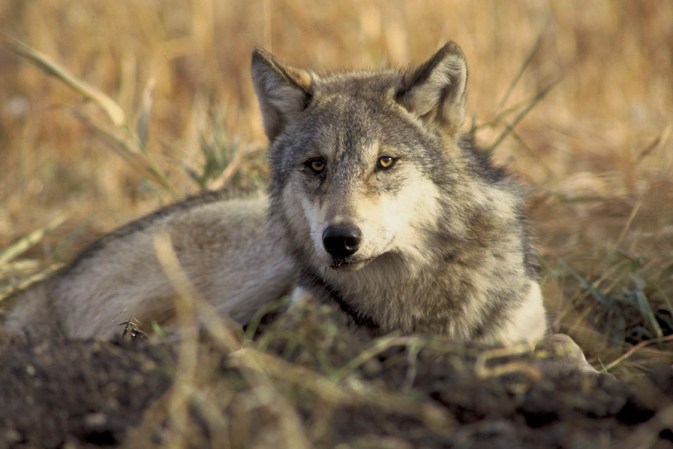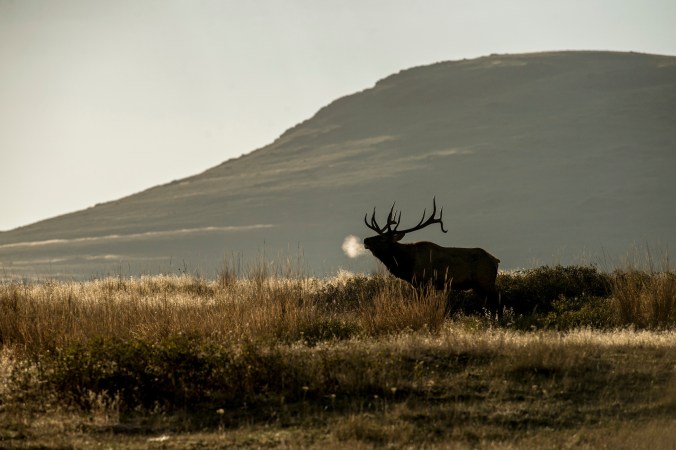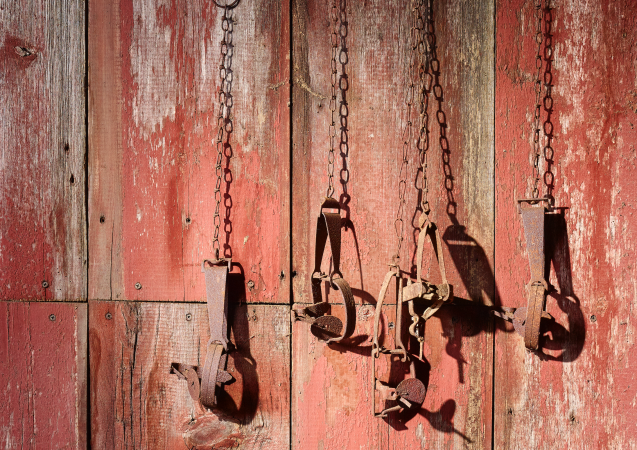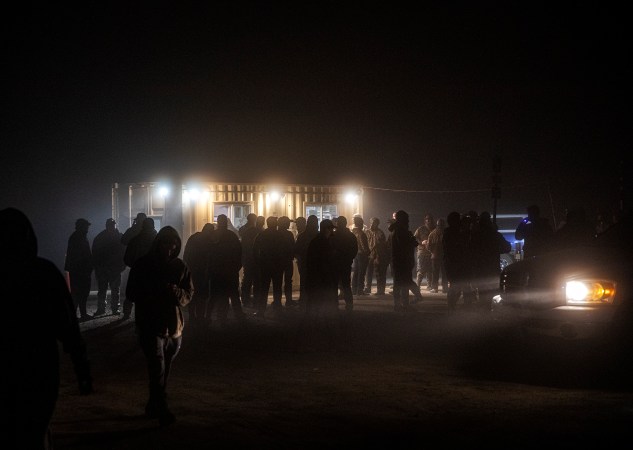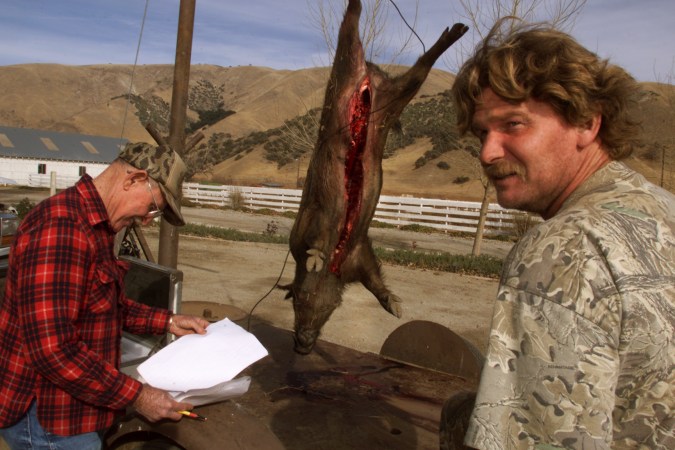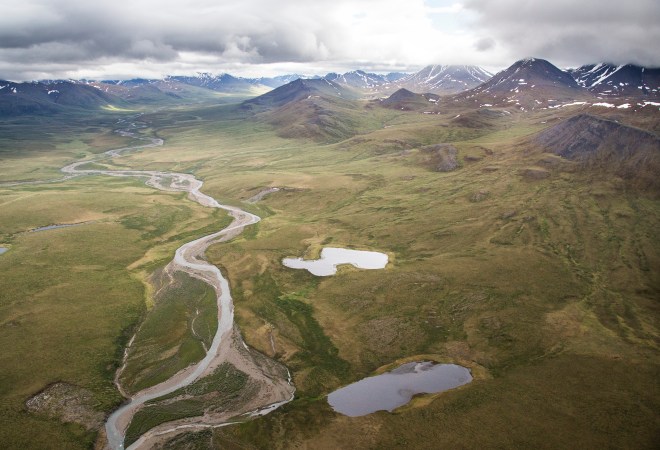Hunters recently scored a big win in California when legislation that would ban all bear hunting in the state was withdrawn before it even had a chance to gain momentum. It’s a victory that overcame what many hunters felt was a hopeless situation, in a state where so many battles have already been lost. The situation demonstrated the power that we can bring to the table as hunters when we stand up together.
The bill was withdrawn thanks to an overwhelming amount of feedback from both individuals and organizations such as Sportsmen’s Alliance and the California chapter of Backcountry Hunters and Anglers. Even the national BHA chapter—which seemingly avoids taking a stance on predators or species-specific issues— voiced opposition to this bill. The effort was almost instantaneous, and unified across a wide spectrum of hunters, many of whom weren’t from California. That was something those pushing this anti-hunting agenda likely weren’t expecting. It demonstrated that even when the odds are against us, we can still make a difference in the preservation of our hunting rights and heritage. But, it takes all of us.
Defeating this bill in such a quick manner was a big victory, but bills and proposals such as this are sure to crop up again. We need to remember that standing up for the rights and interests of other hunters, trappers, and outdoorsmen is critical if we wish to maintain our own. Make no mistake, those who want to stop you from hunting know that their best bet is to divide the hunting community. They will manipulate the public and their perception of hunters, as well as the hunting community itself.
In early 2021, Hakai Magazine published a story, Trophy Hunters Could Threaten the Social Acceptability of Hunting. It set the table to pit those who hunt for meat against “trophy” hunters. Even within the hunting community, terms like “trophy hunter” and “meat hunter” are thrown around carelessly, and hunters are often defined by these terms in a narrative perpetuated by those who have no vested interest in the future of hunting. This is often done without any consideration for context or room for individual circumstance. The article itself does not carry the weight of legislation. But it cues us in to what I believe is one of many strategies to slowly eliminate hunting altogether. It shared much of the reasoning behind the California ban, as well as the successful grizzly hunting ban in British Columbia years ago.
This strategy is to embolden an exceptionalism-type mentality of a “food hunter,” who hunts for meat and no other reason. In addition to falsely reducing the hunting experience to a single motivation—food—this sets the “food hunter” up as morally superior to the “trophy hunter,” who only hunts for ego and bragging rights (also false). Because much of the general public finds it acceptable to hunt for food, it’s suggested that “food hunters” should distance themselves from “trophy hunters,” which is very quickly interpreted to include those who hunt predators, like bears and mountain lions (even though we’re usually eating those critters). In fact, it’s suggested that meat salvage requirements for some predators is only an indication that people are hunting them for the thrill and nothing more. This misguided logic could lead to getting rid of all predator hunting. In this mode of thinking, science and population management don’t matter, only good PR.
But most folks who actually work in hunting advocacy and legislation believe that once predator hunting is gone, anti-hunters will begin chipping away at the morality of hunting for food. Hunters know how badly the public was misled in the push for the B.C. grizzly ban. If you think that can’t happen to “food hunters,” you’re dead wrong.
This is an ideological battle. Those waging it will attempt to define and characterize you, as a hunter, in the most damaging way possible. This isn’t about management, or stewarding a resource into the future. It’s a battle between what hunters know to be true because we live it, see it, and breath it in on every crisp fall morning.
Hunters need voice their perspectives, so that we are the ones defining the reasons why we hunt. Since we will always be in the minority, it’s critical to stand as one when it really counts. Concessions made for the sake of appeasement will only bring us closer to losing everything. The downfall of the California bear hunting ban has shown that we have tremendous power when we stand together to support hunting rights. That should give us hope.

